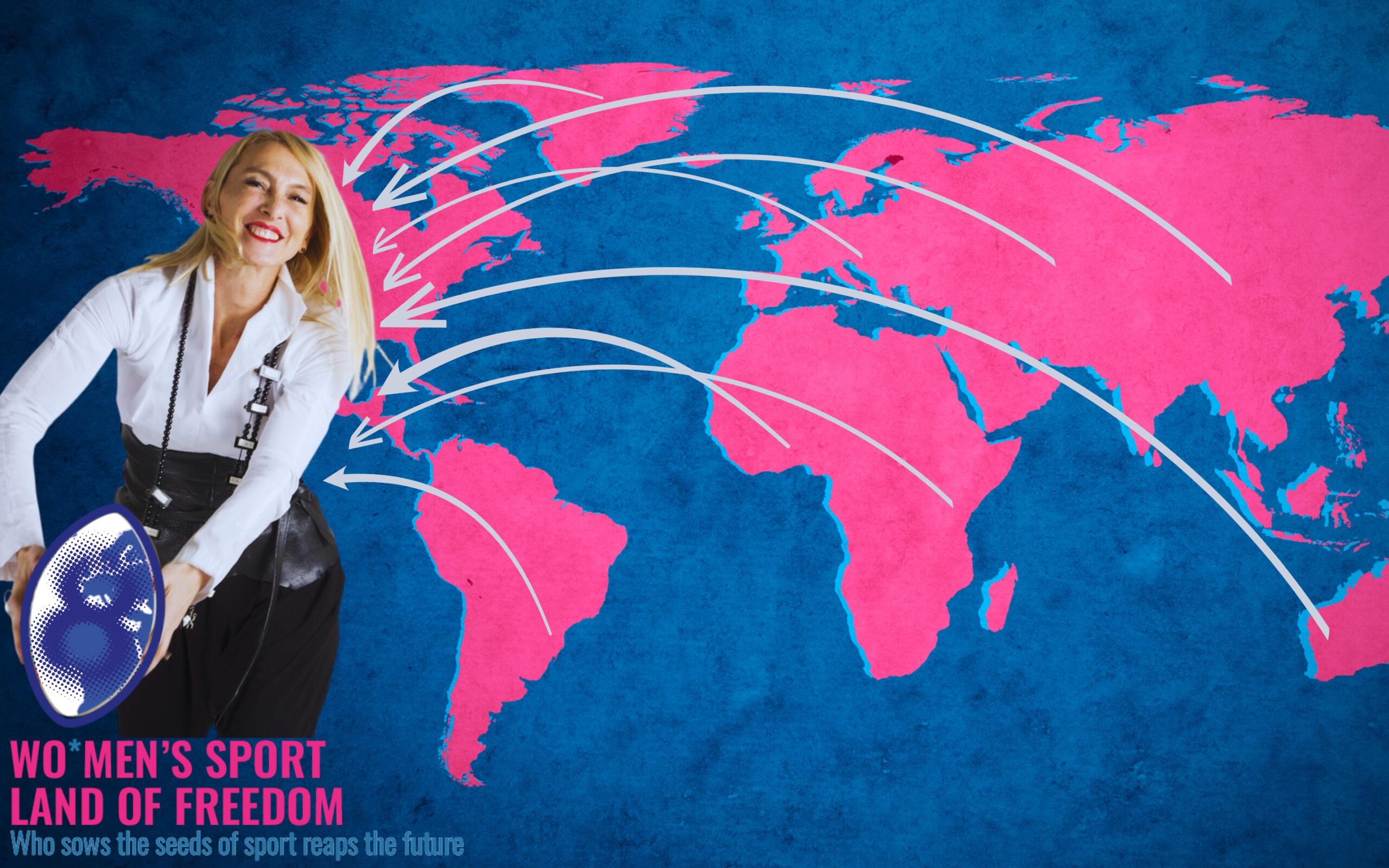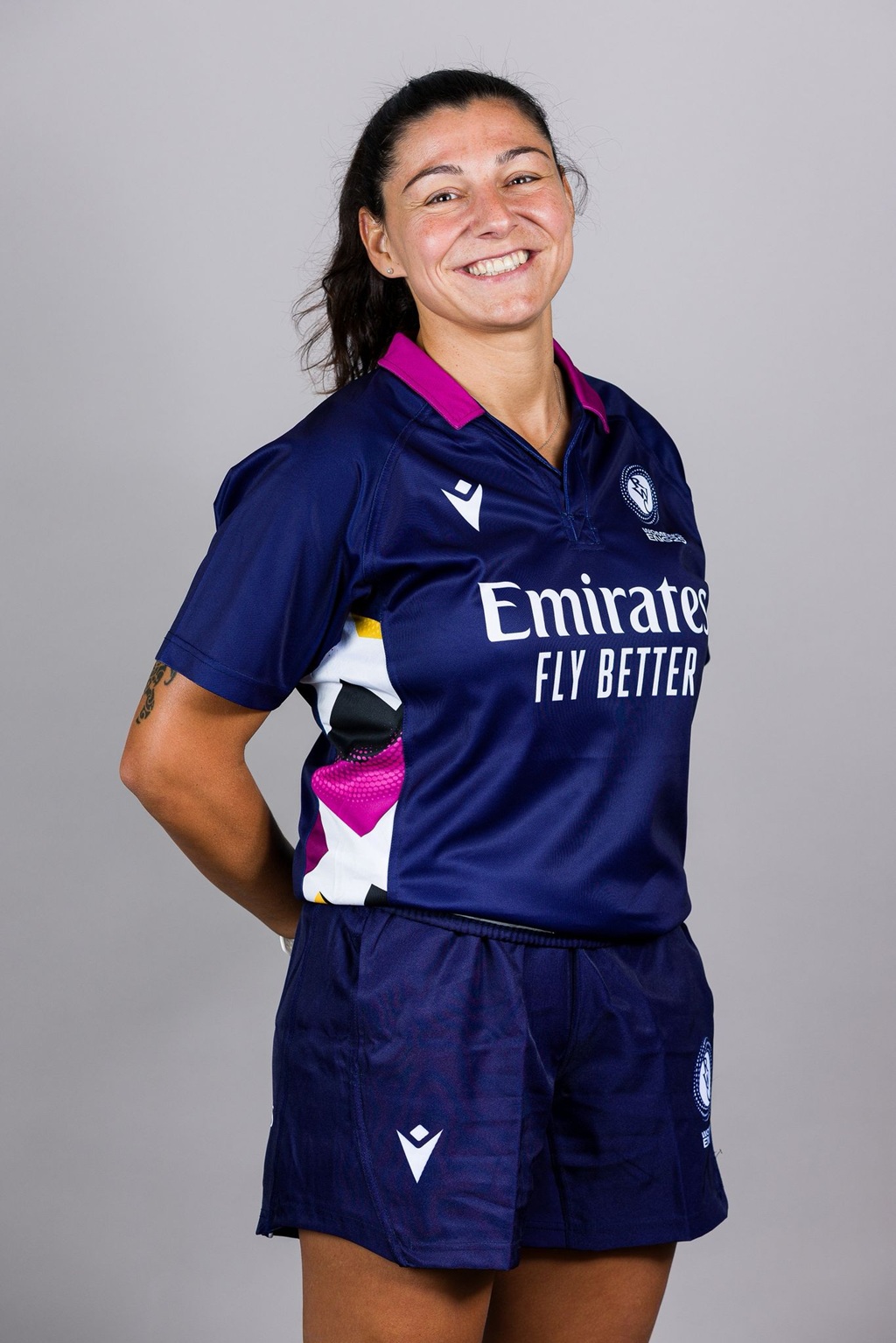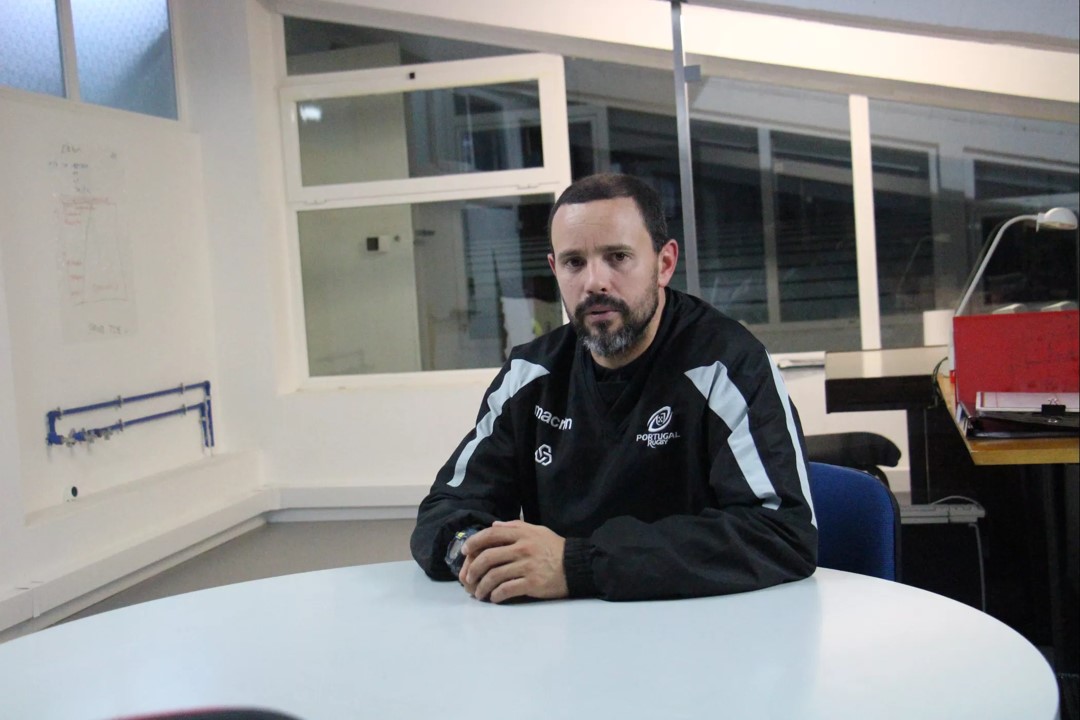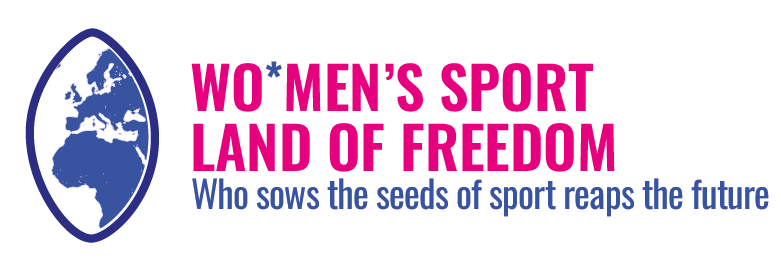
PORTUGAL: RUGBY GIVES YOU THE ABILITY TO FACE, ADAPT TO, AND SOLVE DIFFICULT SITUATIONS YOU WILL ENCOUNTER AT SCHOOL OR IN THE WORKPLACE
“Rugby gives you the ability to face, adapt to, and solve difficult situations you will encounter at school or in the workplace”
Maria Heitor

João Moura

Thanks to:
João Moura
Portugal Rugby Women’s XV and 7’s Head Coach Portugal Rugby Head of Women’s Rugby programme
Pedro Sousa Ribeiro
Club President (Clube Rugby Técnico) Portugal Rugby Union President
Maria Heitor
World Rugby referee
- The history of the women’s movement in Portugal
- Testimonials
- Reading Time: 10 minutes
PORTUGAL - Find out more
Portugal is a parliamentary republic in Southwestern Europe, with about 10.75 million inhabitants in 2024 and a clear female majority (about 52%). Women hold 36.5% of seats in the national parliament, a share above the EU average. Female labor force participation is around 55%, compared to 63% for men. Women devote about 17.8% of their time to unpaid domestic work, nearly twice that of men. The adolescent birth rate is low (5.8‰ among 15–19-year-olds). Although Portugal has a relatively advanced legal framework for gender equality, there are still gaps in data collection on issues such as gender-based violence, the pay gap, and local-level representation. (Source: data.unwomen.org; Statistics Portugal; TradingEconomics; IPU; TheGlobalEconomy.com; GenderData World Bank)
HISTORY OF THE COUNTRY (João Moura e Pedro Sousa Ribeiro)
1. When did the women’s rugby movement start in your country and what is its history? How is rugby structured in your country?
The movement began sometime in the 1990s. Before the dates below, all women’s rugby activities were included in Youth Rugby Festivals (mainly together with the boys), and a commemorative fifteens international match was played in 1995 against Germany. 2000/2001: In this season, women’s rugby took an important step forward with the organization of several tournaments. Six teams participated that year: GDP Costa da Caparica, ISMAI (Porto), RC Bairrada, CDUL, Agrária de Coimbra, and SCRUM. The first women’s champions in Portugal were GDP Costa da Caparica. 2001/2002: Activity in the women’s game consolidated, with several tournaments and a main National Tournament with six teams, won by Agrária de Coimbra. 2002/2003: The women’s game continued to grow, with the organization of a National Championship (played with 12-a-side rules) involving five teams, again won by Agrária de Coimbra. For the first time, two sevens tournaments were also organized with five participating clubs.
To give young players international fifteens experience, a Portuguese side played against the regional selections of Galicia and Andalusia (Spain), losing 0–40. At the FIRA-AER Sevens tournament in Lunel, France, Portugal beat Croatia (40–5), lost to Sweden (10–12) and France (0–22), but won the final match against Belgium (14–0), finishing fifth. Coached by João Alberty, these were the first athletes to represent Portugal in sevens tournaments: Raquel Trigueiros, Margarida Mesquita, Maria João Campos (Agrária Coimbra), Barbara Viana (CRAV), Telma Fernandes (CR Técnico), Francisca Silva (Agronomia), Filipa Jales, Joana Leal de Oliveira, Isabel Cunha (GDPC Caparica), and Juliana Cardoso (RC Loulé). From then on, women’s rugby grew slowly but steadily. Over the following decade until 2012/2013, various clubs started and then stopped their activities. The main competitions were national championships played with 12 or 13 players to ease the transition to full fifteens. At the same time, fifteens was only viable on a regional/provincial structure, allowing enough players to field sides for official 80-minute matches.
Meanwhile, sevens tournaments continued to be organized to help new clubs emerge. Internationally, Portugal regularly competed in FIRA-AER sevens tournaments, managing to face the top European teams, while also playing occasional fifteens internationals against Spanish regional sides. 2013/2014: This season marked a turning point for Portuguese women’s rugby, with the decision to stop all fifteens competitions and play only sevens and tens throughout the year. From then until 2018/2019, the main national competition format was sevens, with occasional tens. During this period, U19 sevens tournaments were also organized to provide a competitive platform for new generations. However, limiting competition to sevens/tens made it difficult to retain players of all shapes and sizes. As a result, player numbers became less stable. Despite this, the national sevens team achieved strong results at European level, including playing in the Women’s Challenge Cup in London (2012), qualifying for the first IRB Sevens Series qualifier in Hong Kong (2014), and competing in the global repechage tournament in Dublin for the Rio 2016 Olympics. 2013 also saw the creation of the U18 national sevens team, which has since competed in Rugby Europe tournaments. 2019/2020: A new attempt was made to relaunch club-level fifteens rugby.
Strategies such as the “game on” program were introduced, and clubs gradually began recruiting new players to form XV teams. Although the pandemic slowed progress, clubs managed to stay on track. In the last two seasons, four national competitions have been played consistently: three in fifteens (Super Cup, National Championship, and Portuguese Cup) and one National Sevens Series with three stages. Internationally, the sevens national teams have continued to achieve strong results, and since 2021 a fifteens program has been running, with Portugal climbing from 54th in the world ranking in 2021 to 23rd in 2025! Currently (2024/2025): There are 47 active clubs in Portugal, 39 of which have registered girls/women with the Federation, with a record 630 female players. Traditionally, women’s rugby in Portugal has focused mainly on adults, with fewer clubs recruiting younger girls. Today, senior competitions include three fifteens events: The Super Cup (Super Taça) – a single match between the defending league champions and the cup winners. The National Championship – a regular round-robin competition. The Portuguese Cup (Taça de Portugal) – a knockout competition. At the end of the season, a three-stage National Sevens Series is also played. Internationally, the women’s XV national team participates in the WREC – Women’s Rugby Europe Championship (this year was their second appearance), followed by the Rugby Europe Sevens Series. At youth level, a National U18 Championship is under development under the “game on” format, with matches played as 7s or 10s on a half-pitch (“rugby X”). For the first time, a U18 Portuguese Cup at XV was also organized with four provincial teams. The U18 women’s sevens national team also competes in Rugby Europe tournaments. At mini and junior levels (U6 to U14), girls are allowed to play alongside boys, as most clubs still lack dedicated female youth teams — a challenge that should represent the next step.
2. Do you think playing rugby has a social impact for women in your country?
Yes, absolutely! There are concrete examples of girls improving their school performance or work results after starting to play rugby. We’ve also received testimonies from parents confirming the positive change in their daughters’ behavior after joining a local club.
3. In your opinion, what can rugby offer to women in your country?
I am convinced that the features of our sport (physical contact, falling and getting back up, respect for the referee, etc.) provide the resilience needed to face life. In Portugal it is no different. Rugby gives you the ability to face, adapt to, and solve difficult situations you will encounter at school or in the workplace.
JOURNEYS THROUGH RUGBY (Maria Heitor)
1. When did you start playing rugby and how did you discover it?
2004 (when I was 15). A friend told me they needed a few strong players, and I was looking for a new sport.
2. What has rugby taught you that has impacted your daily life? Can you give an example of when a rugby mindset was useful?
Better organization of my daily routine, more discipline, greater resilience in everyday problems, and a stronger ability to adapt to different scenarios.
3. Can you give me three words that connect rugby with freedom?
Mindset, independence, fun.
4. What does living in a land of freedom mean to you?
Doing whatever you want!
5. What object represents you and why? What is an aphorism that guides your life?
A rugby ball.
“Be better every day.”
